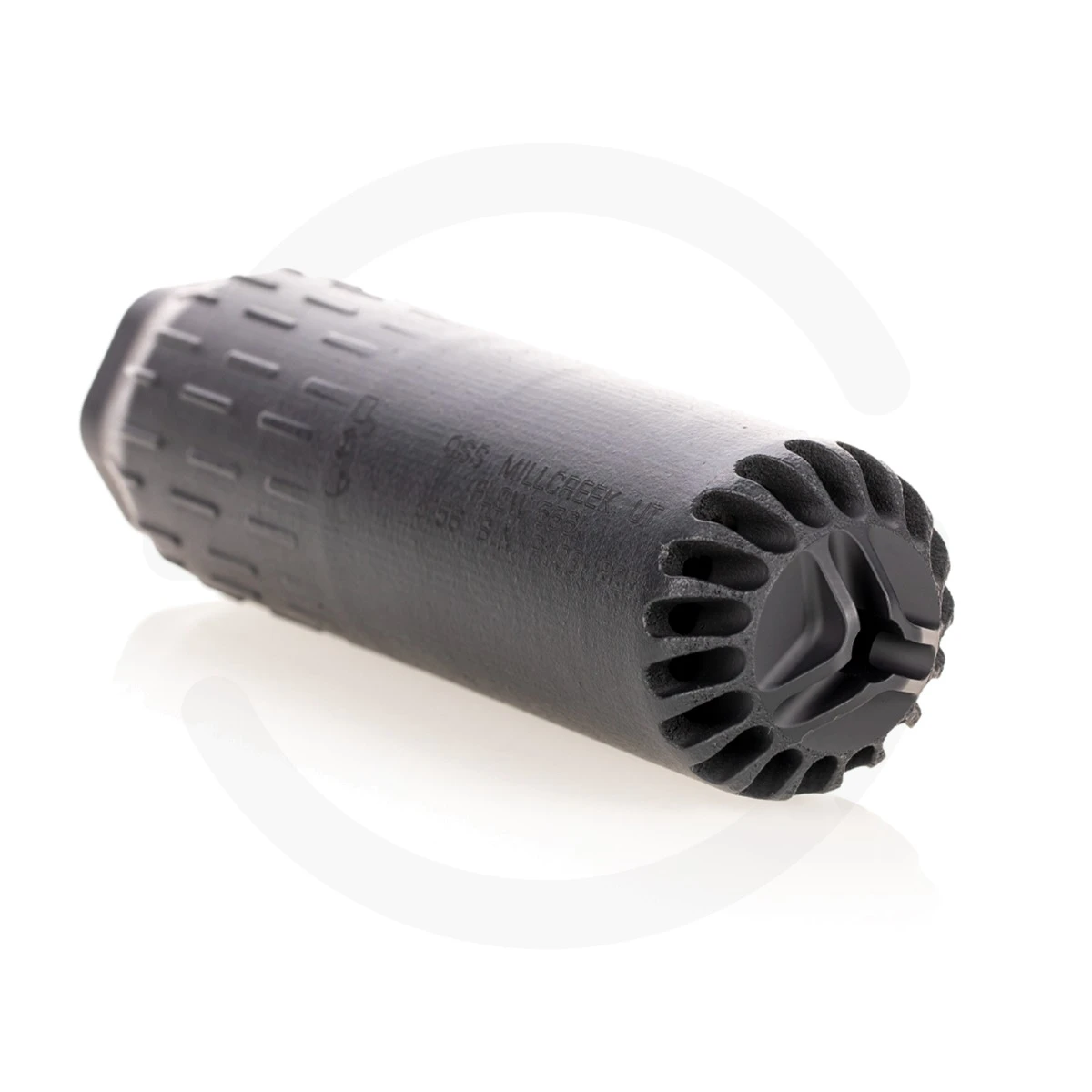So yeah, titanium’s awesome…until it’s not. What’s funny is that I run several ARs with titanium gas blocks, as well as a couple (three actually) with titanium bolt carriers, and love ‘em. No issues whatsoever. Obviously a metallurgy issue, and someone with more info or knowledge in this area please speak up, but I wonder why we never hear anything about heat cycling concerns in other titanium parts.
Genuinely curious…
Because it's not an intrinsic problem with titanium, but rather an application engineering issue. (Or perhaps more accurately, a lack of application engineering.)
The "uncorking pressure" of a 10.5" 5.56 is around 10,000 PSI, and it's roughly double for a 5.5" barrel. These gases are obviously hot as well. Then you've got the potential for secondary combustion if there's any oxygen present, and at these temperatures and pressures, even nitrogen and CO2 stop acting inert and will join the party. It's a severe set of conditions, to say the least.
Titanium has a set of material properties that are suited to these conditions, but it has limits (like any other material) that should not be exceeded, and it's famously intolerant of improper processing. So if you have a tube with marginal wall thickness and then go too deep with the engraving, boom. If you contaminated the base material by laser or chemically engraving the tube, boom. (Titanium embrittlement can be caused by hydrogen, nitrogen, oxygen, and several other elements that surround us on this planet, and the result is exactly what the term implies - brittle parts, and also with a decrease in other mechanical properties.) If you get the part hot enough to degrade the mechanical properties beyond that which was anticipated by the design, boom. IMO, one better be leveraging both theory and practice (AKA testing) when designing a silencer, and this means understanding and anticipating any variation of the production process as well.
Parts like gas blocks and bolt carriers aren't operating in the same environment as a suppressor, and have component geometry that is generally more forgiving. For the bolt carrier, I'd probably be a little nervous about wear and galling in the cam pin path, and maybe the threaded holes for the gas key are marginal, but otherwise a titanium component of that size and shape is going to be incredibly robust.






